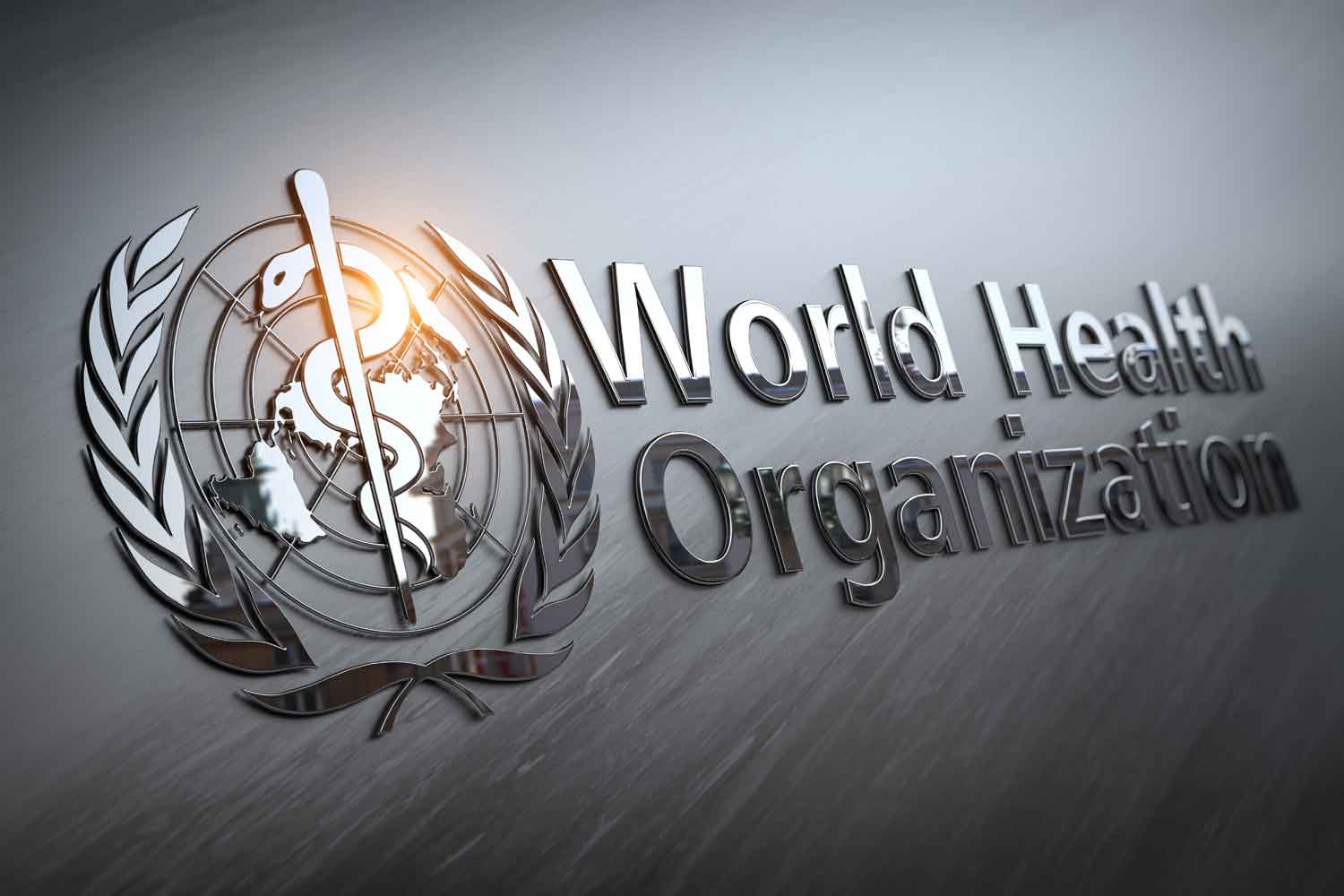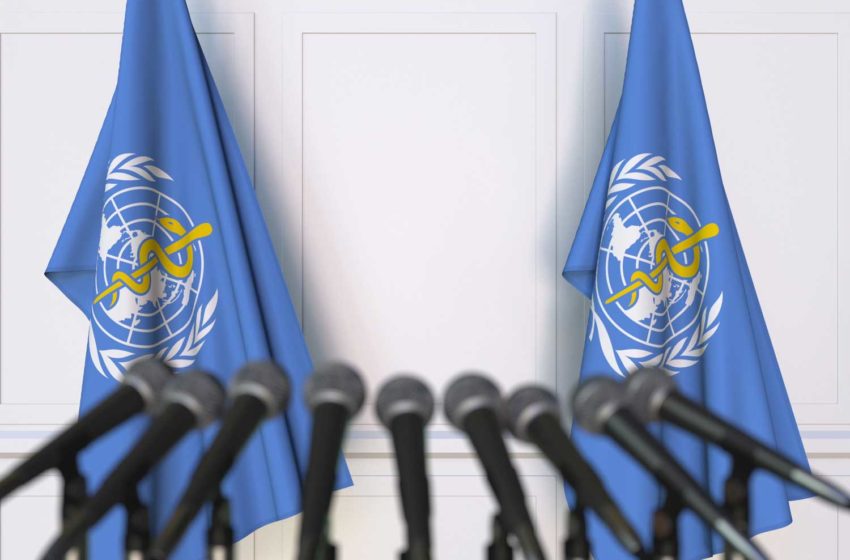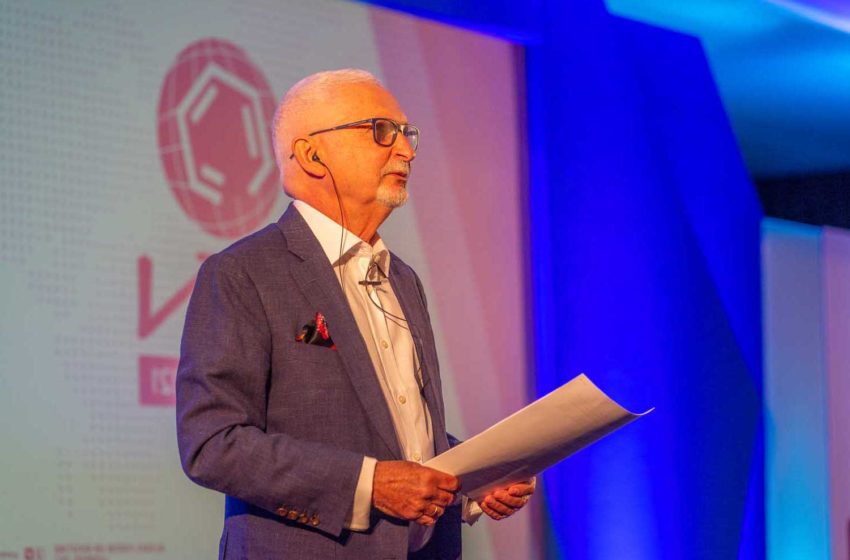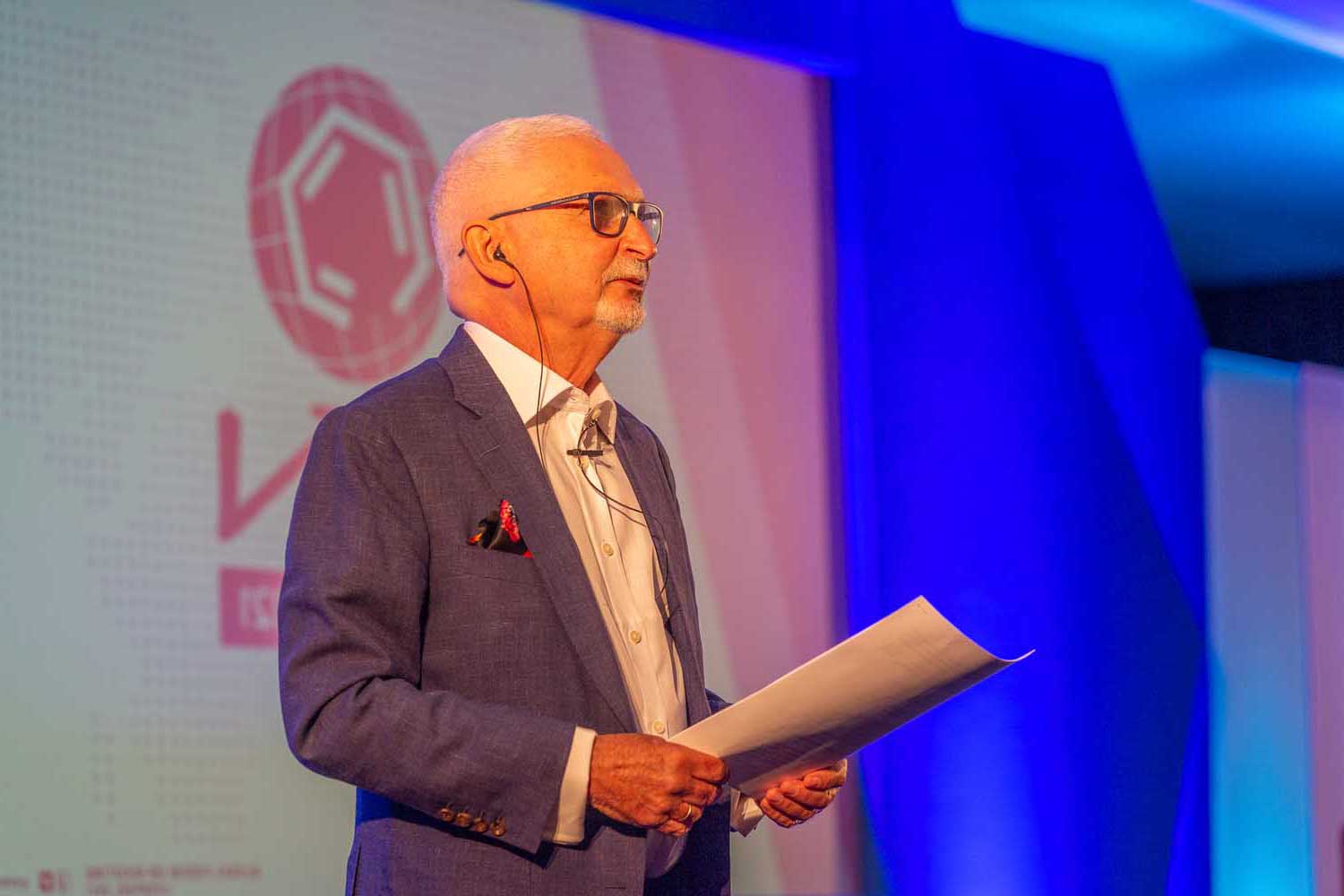The Conference of the Parties to the WHO Framework Convention for Tobacco Control (FCTC) today opens its ninth session (COP9). One significant point to be discussed by the Parties is a potential new funding strategy, seen as a means of strengthening and expanding the support that can be offered to Parties of the global health treaty.
Parties at COP9 are expected to consider how to address a common problem described by many countries—the lack of sufficient financial resources to strengthen tobacco control measures. This will mean a plan to establish a capital investment fund is high on the COP9 agenda. The Parties will decide on the adoption of a mechanism for new income streams to help fight the tobacco epidemic.
The proposal offers the opportunity to raise a targeted $50 million for the FCTC. A similar fund will be proposed for adoption at the second session of the Meeting of the Parties to the Protocol to Eliminate Illicit Trade in Tobacco Products to take place later this month—but in the case of the Protocol, the fund proposed will be for $25 million to strengthen implementation of that treaty.
In a press release, the WHO said it would continue pushing forward with comprehensive implementation of the FCTC as the real solution to the tobacco epidemic, despite what it described as tobacco industry efforts to “stir up confusion and falsely parade itself as a solution to harmful tobacco consumption.”
The COP9 discussions Nov. 8-13 bring together Parties, representing countries, United Nations agencies, other intergovernmental organizations and civil society. The participants will be exchanging their experiences in implementing tobacco control measures and reducing the prevalence of tobacco use. They will also be looking at strategies that improve tobacco control efforts, amid what the WHO describes as “attempts by the tobacco industry to interfere in ending the tobacco epidemic that is killing over 8 million people annually.”
During the conference, delegates will also be evaluating the most recent Global Progress Report, which was launched last week. A total of 148 Parties reported on the comprehensive tobacco control measures contained in the treaty. For example, in relation to progress on Article 11, two-thirds of Parties confirmed that the required health warnings are being displayed on tobacco product packaging and, 17 countries confirmed that they have adopted the requirements for plain packaging of tobacco products.
Parties have reported that they have struggled to introduce comprehensive advertising, promotion and sponsorship bans. Many complained of persisting interference in policymaking by the tobacco industry.
In her keynote speech at the opening of COP9, Adriana Blanco Marquizo, head of the Convention Secretariat referred to the ongoing COP 26, on Climate Change. There are important parallels between the Framework Convention on Climate Change and the WHO FCTC, she noted.
“Both treaties aim to protect present and future generations,” said Blanco Marquizo. “It’s clear that tobacco damages the environment throughout its life cycle, from crop to post-consumer waste, contributing to deforestation, desertification, greenhouse emissions and plastic contamination. But probably the most important point shared at both COPs, is that the tobacco epidemic and climate change are both manmade and preventable.”
Critics, by contrast, focused on the differences between the two COPs, with the Climate Change gathering welcoming public scrutiny and industry input, and COP9 convening behind close doors and banning dialogue with the industry.
Immediately after COP9, the second Meeting of the Parties to the Protocol to Eliminate Illicit Trade in Tobacco Products will be convened, Nov. 15-18. The Protocol is a separate treaty expanding Article 15 of FCTC.












